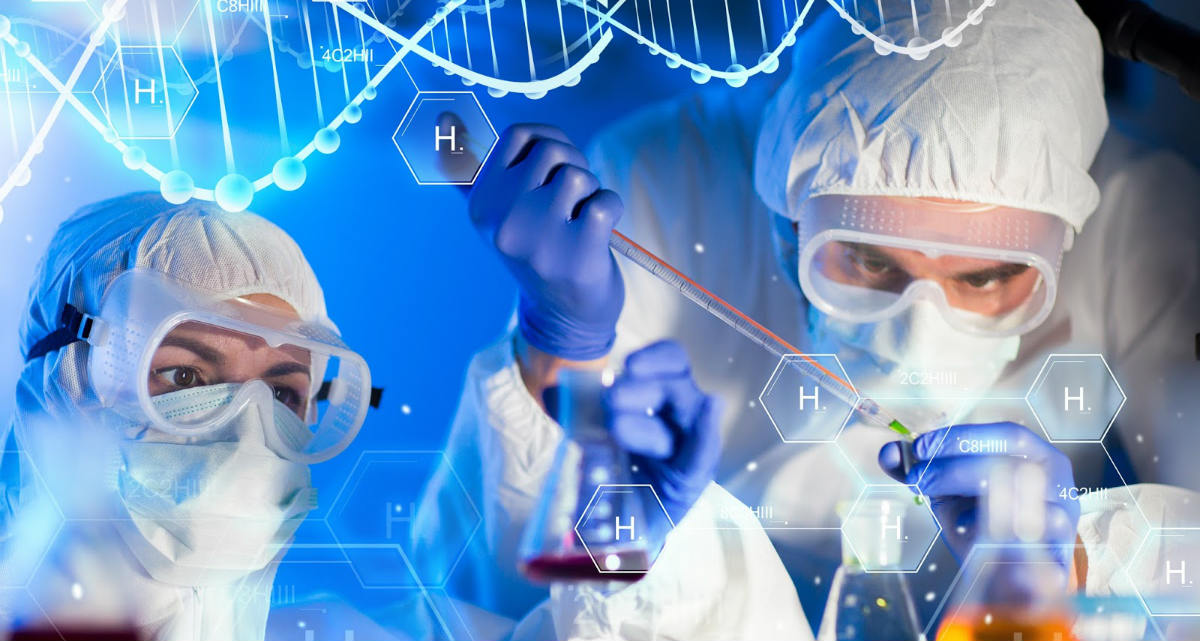
‘Consult the disabled before enhancing people’ disabled poet advises
The bittersweet feeling of seeing your disability disappear
Most people think of dwarfism as a serious disability, but many of those who have it are proud of their difference, writes Sheila Black in the New York Times. Ms Black, a prize-winning poet, and two of her three children have X-linked hypophosphatemia, a condition which leads to short stature and crooked legs and other handicaps. Now scientists are on the brink of a cure. But after a lifetime of experience, she says “It is hard to explain to anyone who does not have a condition like mine why this feels so bittersweet. But it does.”
Certainly a cure would bring many social and personal benefits – “But that does not change the fact that to be human often entails finding ways to make what appears a disadvantage a point of strength or pride.”
Ms Black points out that CRISPR, the gene-editing tool could be used to create enhanced humans. This is an ethically fraught possibility which calls for careful study. A future in which mankind might be divided into superior and inferior beings is terrifying. In thinking through these issues, she says that disabled people need to be consulted. “Who better to consider such questions than those of us who have lived with being different?”
Like our coverage of bioethics? If so, could we ask you for a favour? BioEdge takes a lot of time and hard work to produce. We do it because we think that our readers deserve to get the full picture of complex issues like surrogacy, euthanasia and stem cell research. We try to offer ideas to ponder and debate. To continue enhancing the conversation we need your support.
If every fan of BioEdge donated just $10, our future would be much more secure.
| DONATE NOW |
Creative commons
https://www.bioedge.org/images/2008images/FB_disability_crispr_.jpg
disability
enhancement
